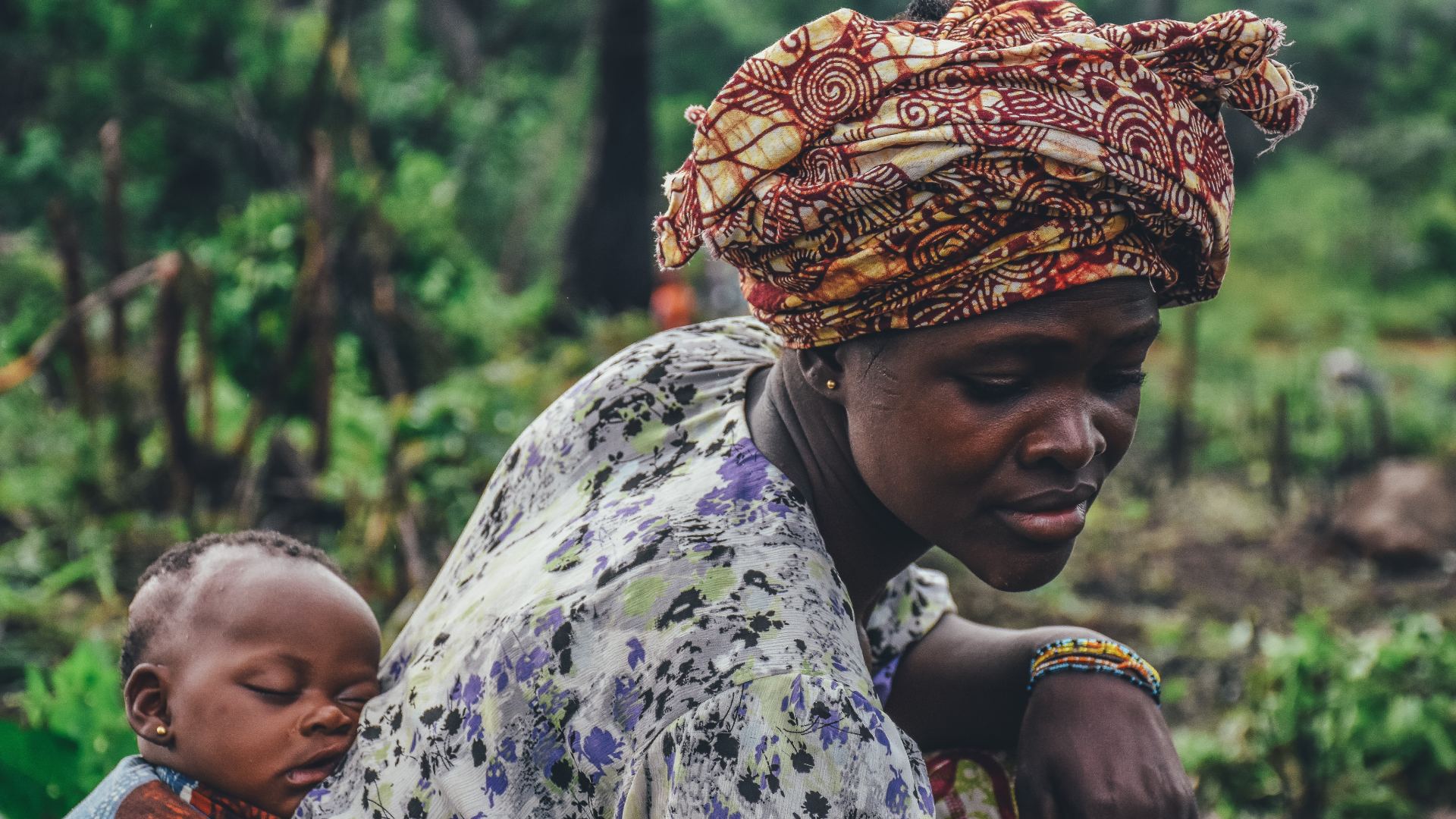The Zambia Land Alliance is calling on the Zambian government to ensure that the land policy formulation process is completed, and for the policy to be implemented for improved land administration in the country.
According to Zambia Land Alliance (ZLA)’s Executive Director Patrick Musole, the draft land policy formulation process has taken too long and a lot of resources have gone into the formulation process.
Musole said in the 18 years it has taken for the policy to be drafted, more land deals have been made and agreements entered into, decisions and actions around land have been undertaken, some of which have left the local people in the cold.
At a media breakfast meeting during which ZLA and other CSOs discussed issues surrounding the draft land policy formulation process, Musole cautioned the government through the Ministry of Lands and Natural Resources not to waste more time–considering that quality and progressive submissions were collected through the consultative meetings with stakeholders around the country.
“It is time for the government to make progress by finalising and adopting the draft policy so that the people of Zambia can start benefiting from good land administration,” Musole said.
“As CSOs we feel that the policy has taken too long to be finalised and adopted so much that mismanagement and bad land administration practices have continued in the country.”
He however thanked the government for being inclusive in the formation of the technical committee that has been drafting the land policy by including CSOs on the team.
ZLA’s participation in the formulation process of the draft land policy provides a platform for CSOs to access the revised policy, engage with each other, and make timely submissions.
The land policy formulation process in Zambia started back in 2002 when the technical committee drafting the policy was set up, since then stakeholder consultative meetings and engagements have been held during which progressive submissions were received.
Among those that have been consulted in the process include chiefs, CSOs, citizens, corporate partners, government ministries and departments. And these consultative meetings resulted in several draft copies.
CSOs have been alive and active to the policy formulation process and have ensured that every time the policy is revised, they come together to review through a CSO lens and provide feedback to the technical committee.
During the formulation process, CSOs held 20 (two per province) district consultative meetings on the draft land policy in 2016, which fed into the development of the CSO Shadow Land Policy in which the CSO proposed how best land could be managed in Zambia.
According to the CSOs, the overall vision of the land policy should be “A Zambia where the value of land is respected, and equitable access and control by all its citizens is guaranteed”. Considering how important it is, the CSOs suggested in the shadow policy that land should not be reduced to commercial and or economic value only. However, its value lies in its scarcity and it being a special resource that sustains and promotes human wellbeing. Based on this, the CSOs suggested that mechanisms should be put in place for every citizen to access, own, and have control over the land without being discriminated upon.

A woman sharing her challenges the community has passed through since being displaced to pave way for the construction of the Multi-Facility Economic Zone (MFEZ) in Lusaka.
Further efforts of the CSOs, include continued review of the revised policies, CSO position paper on the draft land policy, press statements, news interviews, radio and television programs, government and traditional leaders’ engagements meetings, providing technical support on the draft land policy to the house of chiefs’ land committee, and attending the technical committee meeting to draft the land policy.
The CSOs are very expectant of the final policy and hope that most of their submissions would be adopted. The CSOs expects that the final policy will adopt measures to do with the continuation of the dual land tenure system, securing customary tenure, 30% affirmative action in land administration, progressive provisions including measures for women, youths, persons with disabilities and vulnerable people, provisions displacement, compensation and resettlement due to large-scale based investment.
Government committed to ensuring that more stakeholders are consulted and take part in the formulation process, however, the country cannot consult forever. It is time to put the land policy to bed so that the implementation process can begin. According to the MLNREP 2014 road map to finalise the policy, this important document should have been completed in 2015, unfortunately in 2020 the policy is still in draft form. Another road map was shared during the land sector meeting in April 2019 during which the Ministry informed participants that the national validation would have been held in November of that year, however that was only held in 2020. The draft land policy has the potential to have a positive impact on the land administration in Zambia, but that requires finalised land policy.

